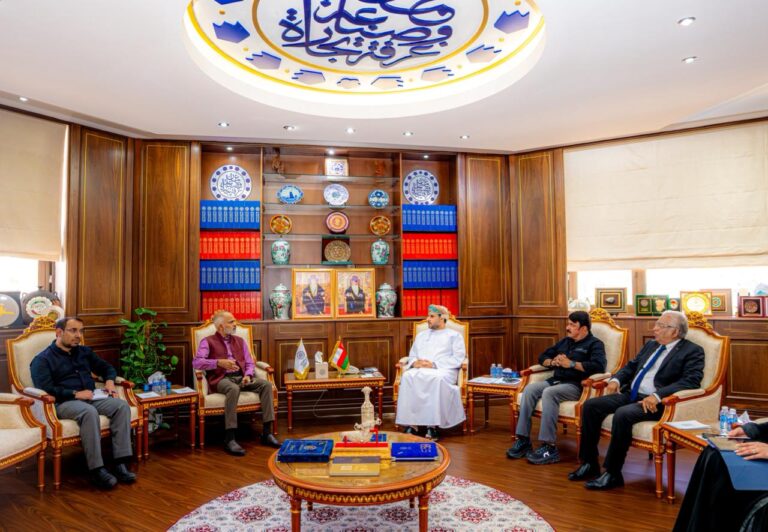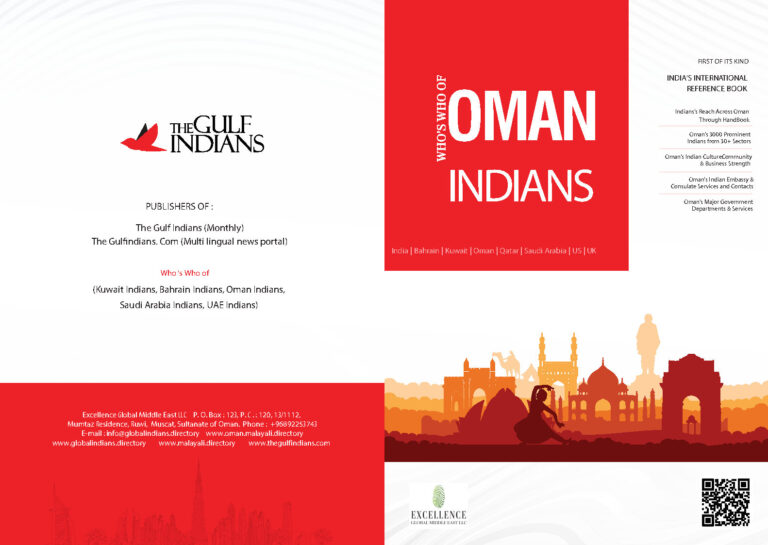Dubai: Indians travelling to the UAE can now enjoy the convenience of making payments directly from their Indian bank accounts using the Unified Payments Interface (UPI). However, experts believe there’s a need to simplify the UPI registration process for NRIs to ensure wider adoption.
Despite the growing popularity of UPI among Indian visitors and residents, the current onboarding process for NRIs is too complex, say senior financial industry sources in the UAE.
“What we need is a simplified registration process that allows onboarding using alternative KYC measures such as Emirates ID and passport,” said Dr. Sahitya Chaturvedi, Secretary-General of the Indian Business & Professional Council (IBPC).
He also suggested that the system should allow UAE-issued debit/credit cards or bank accounts to be linked for transactions in India, enabling a seamless cross-border digital payment experience.
NRIs Can Now Use UAE Mobile Numbers for UPI Transfers
Recently, UAE-based remittance platforms began notifying Indian customers that they can now send money from their UPI-linked NRE/NRO accounts using their UAE mobile number. Earlier, this service was restricted to Indian mobile numbers registered with their accounts.
“For mid-income and blue-collar NRIs, reducing compliance hurdles and clarifying tax implications can greatly accelerate fintech adoption under the India-UAE CEPA framework,” added Dr. Chaturvedi, who is also the Head of Internal Audit at Ajmal Perfumes.
UPI for Indian Tourists: A Game-Changer?
UPI’s functionality is expected to be a major boost for Indian tourists in the UAE. The upcoming integration with the UAE’s digital payments infrastructure will allow Indian travelers to make payments with just their smartphones — no need for credit cards or cash.
However, UPI-based payments can currently only be used at UAE retail outlets that are UPI-enabled, noted Nilay Singh, BFSI Convener at IBPC Dubai and CEO of SBI.
Despite this, credit cards remain the preferred choice for most Indian visitors.
“Familiarity, wider acceptance, and perks like reward points make credit cards more attractive,” said Krishnan Ramachandran, CEO of Barjeel Geojit Financial Services.
He added, “Credit cards offer deferred payment options and global usability without immediate bank deductions – features that appeal to many travelers.”
What Needs to Change?
To drive wider adoption, UPI platforms must match the benefits credit cards offer, especially for frequent travelers. While UPI is a cost-effective solution, limited awareness and patchy global acceptance remain challenges.
“UPI is indeed cheaper for cost-conscious travelers – but only where accepted,” Ramachandran pointed out.
Other Payment Options for Indian Tourists in the UAE
According to Nilay Singh, the Local Currency Settlement (LCS) agreement between India and the UAE has opened up new avenues for rupee-based payments. Under the new RBI amendments, UAE businesses can open Special Non-Repatriable Rupee (SNRR) accounts. However, this is mostly used in gold purchases and hasn’t yet seen broader consumer adoption.
Here are some of the popular payment options for Indian travelers in the UAE:
- International Debit Cards: Indian banks offer Visa/Mastercard debit cards for international use.
- ‘Vishwa Yatra’ Prepaid Cards: Pre-loaded with multiple currencies, usable for withdrawals and purchases.
- Credit Cards: Still the most common method of payment for Indian tourists.
- RuPay Global Cards: Can be used for international payments at select partner merchants.
- Digital Wallets & Payment Links: Often used by merchants for seamless transactions.
As India and the UAE deepen fintech cooperation, simplifying UPI access for NRIs and tourists could become a turning point in cross-border digital finance.











